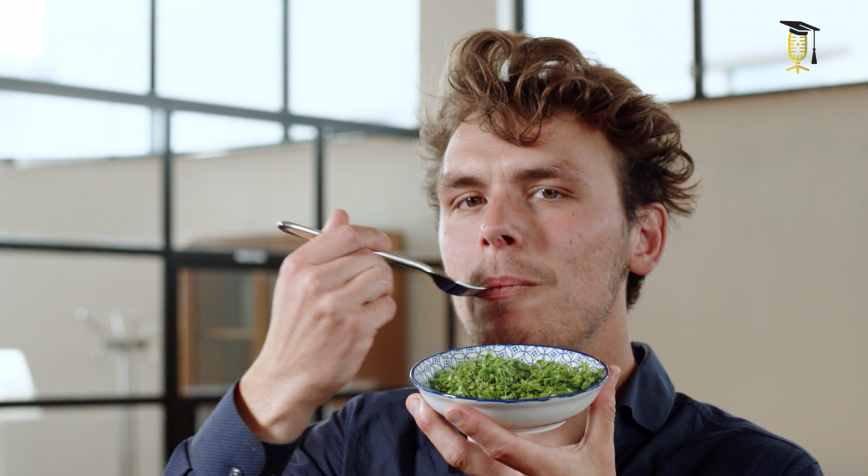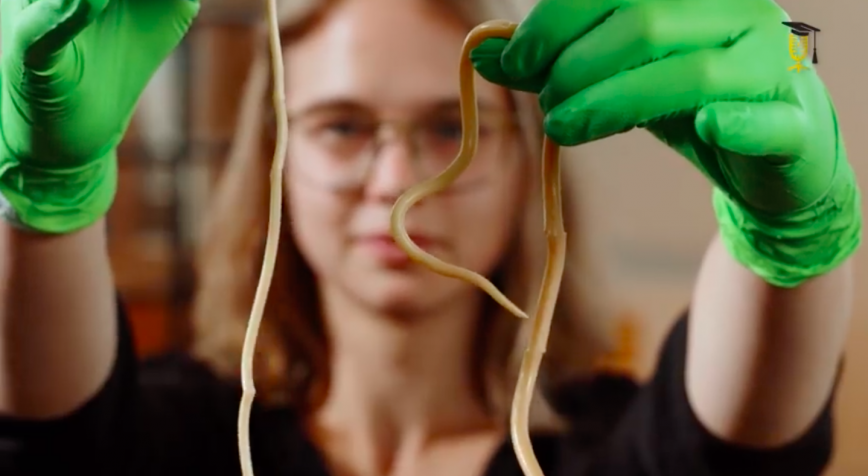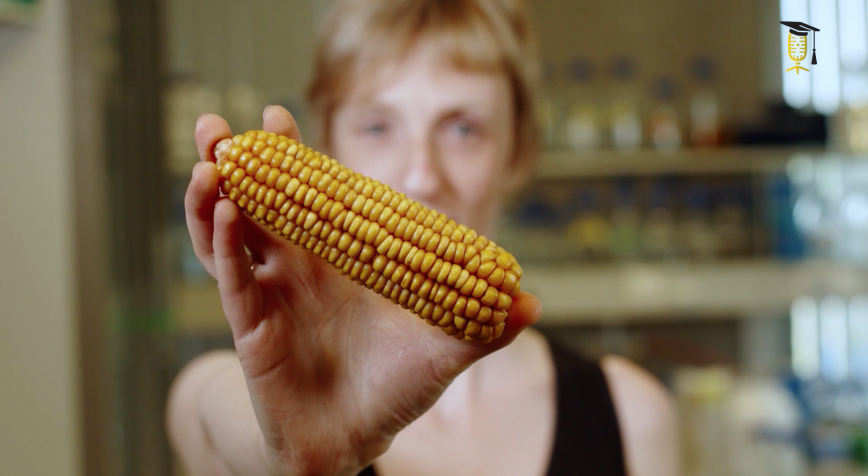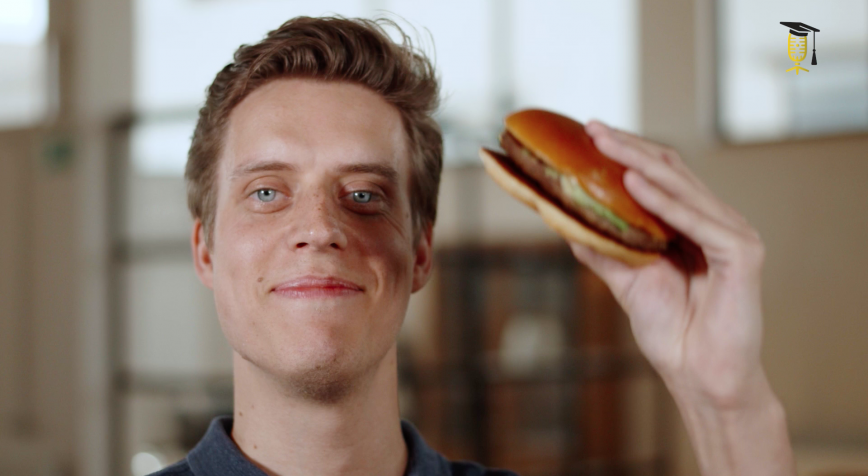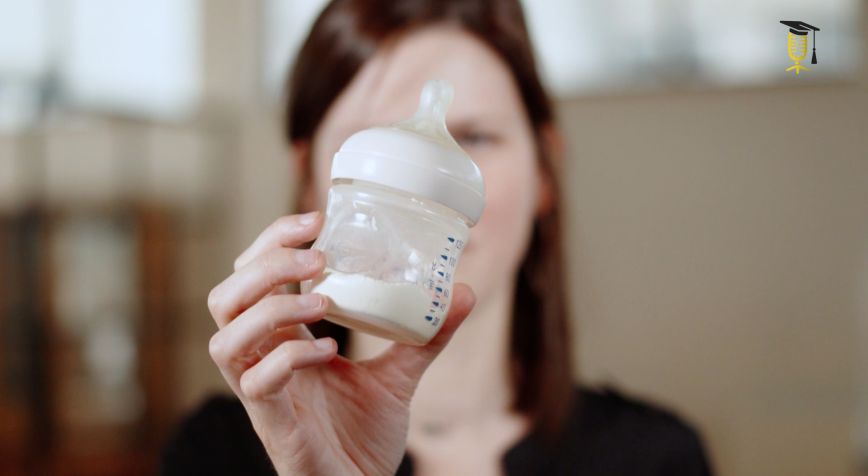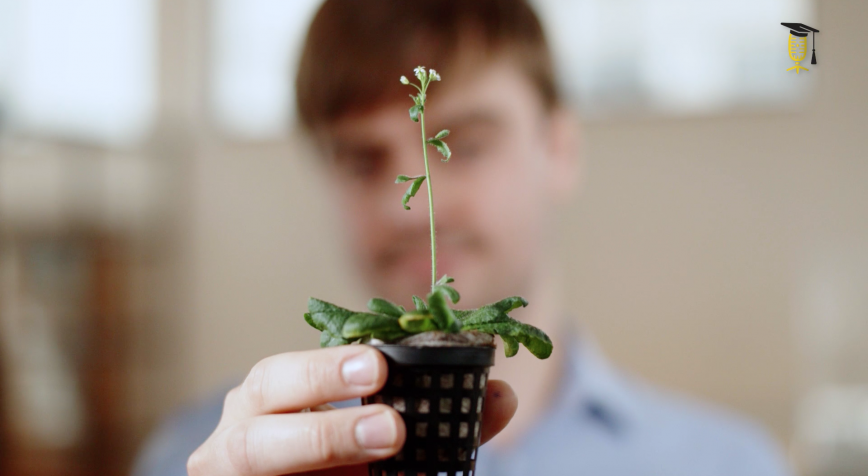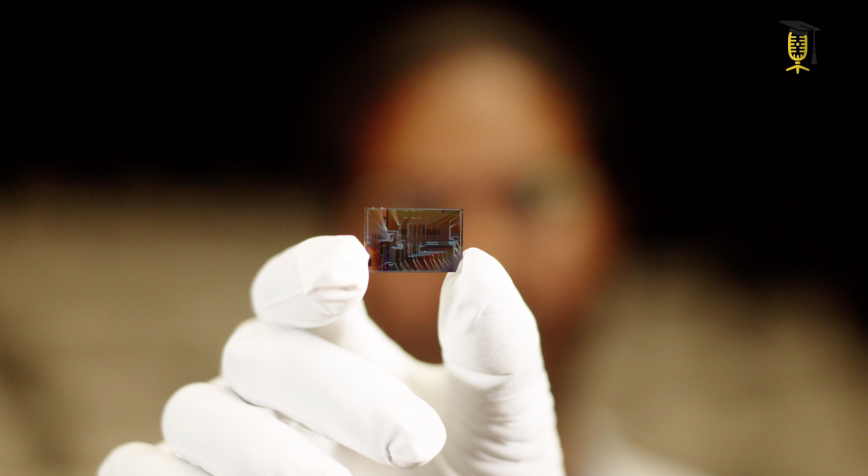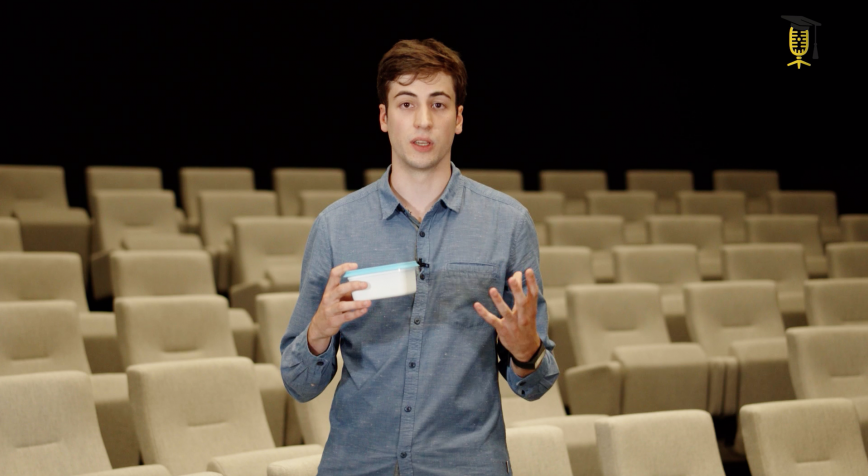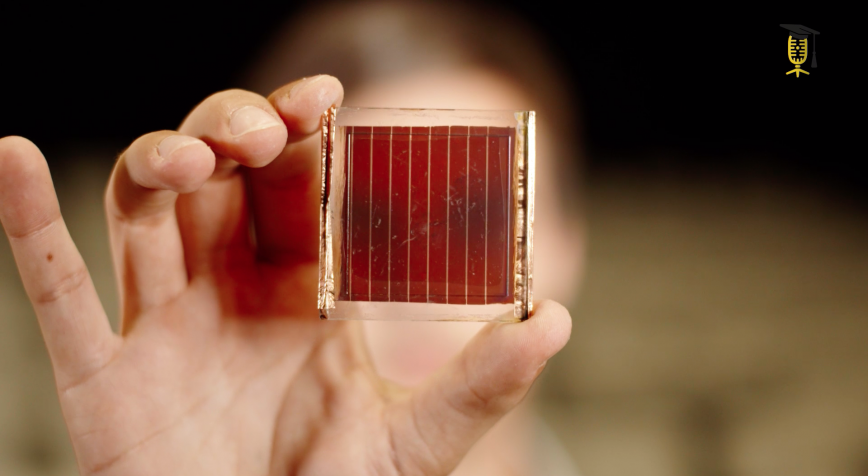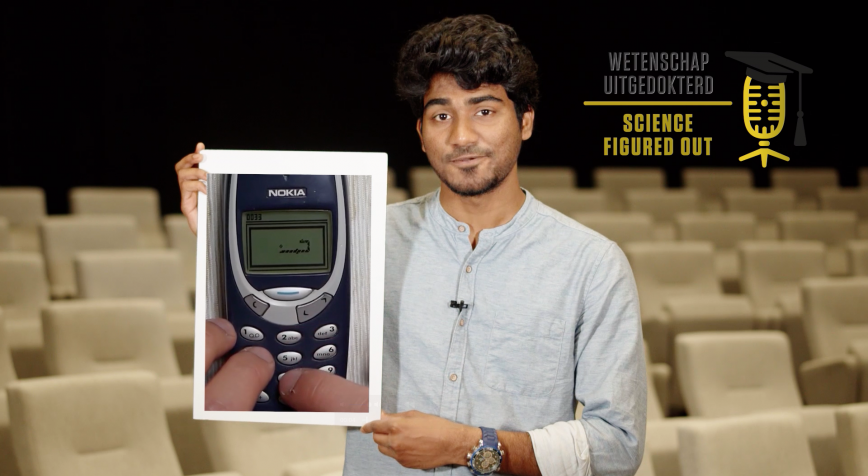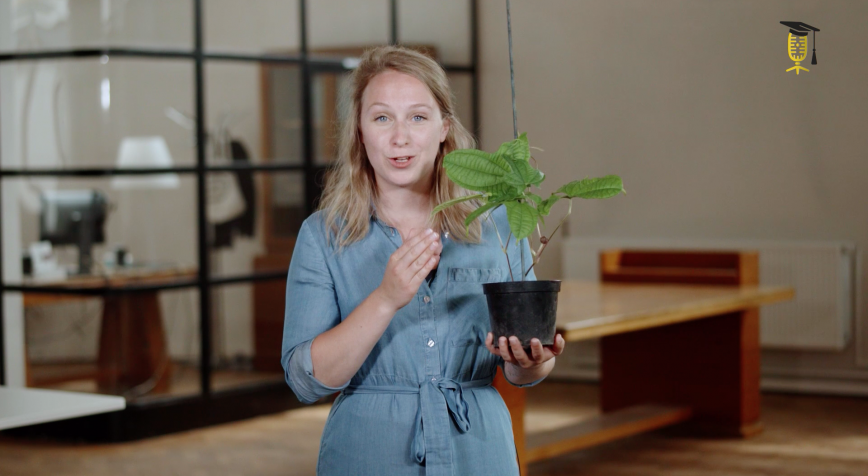
UGent
Can we use bacteria to cure plants?
Each of us has lost a precious plant to aphids or other insects before. Unfortunately, most insecticides to combat these creatures are harmful to the environment. That's why Tessa Acar is committed to the development of a new and better weapon: bacteria that can fight insects.
